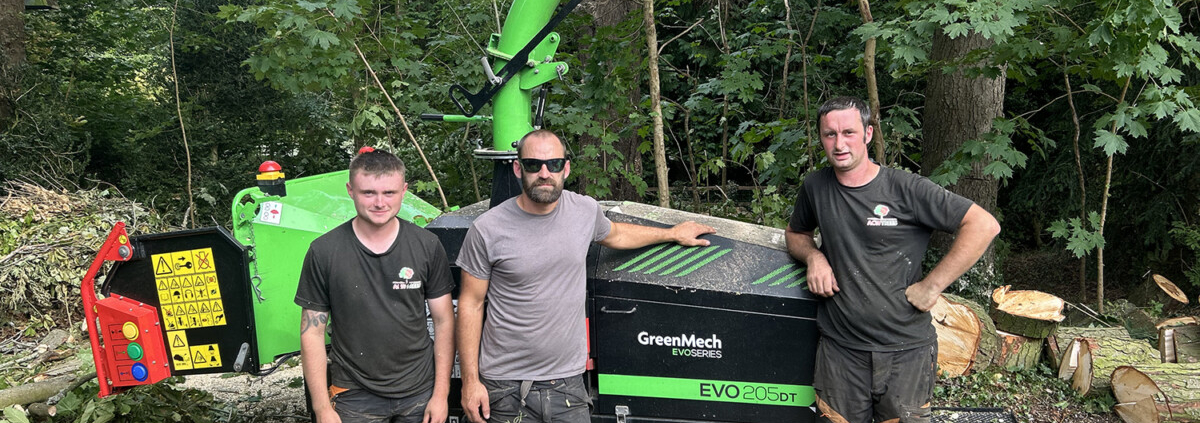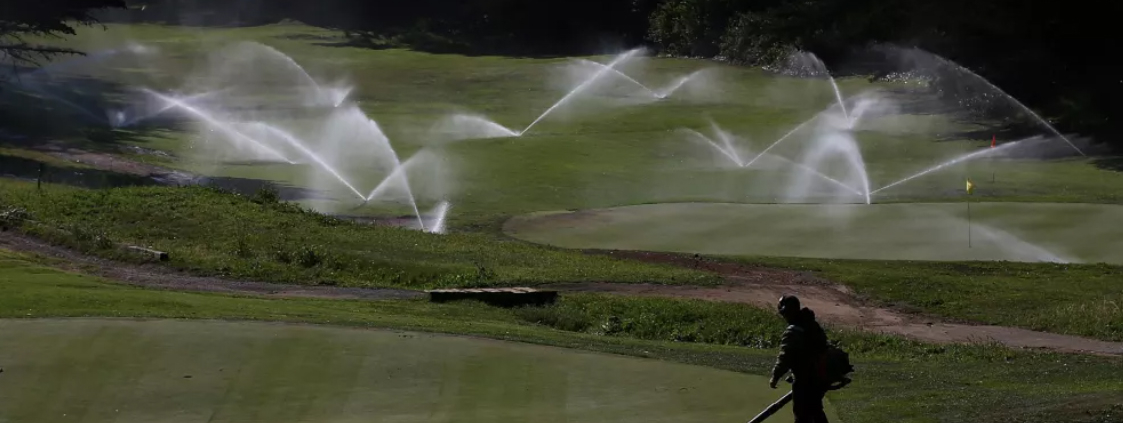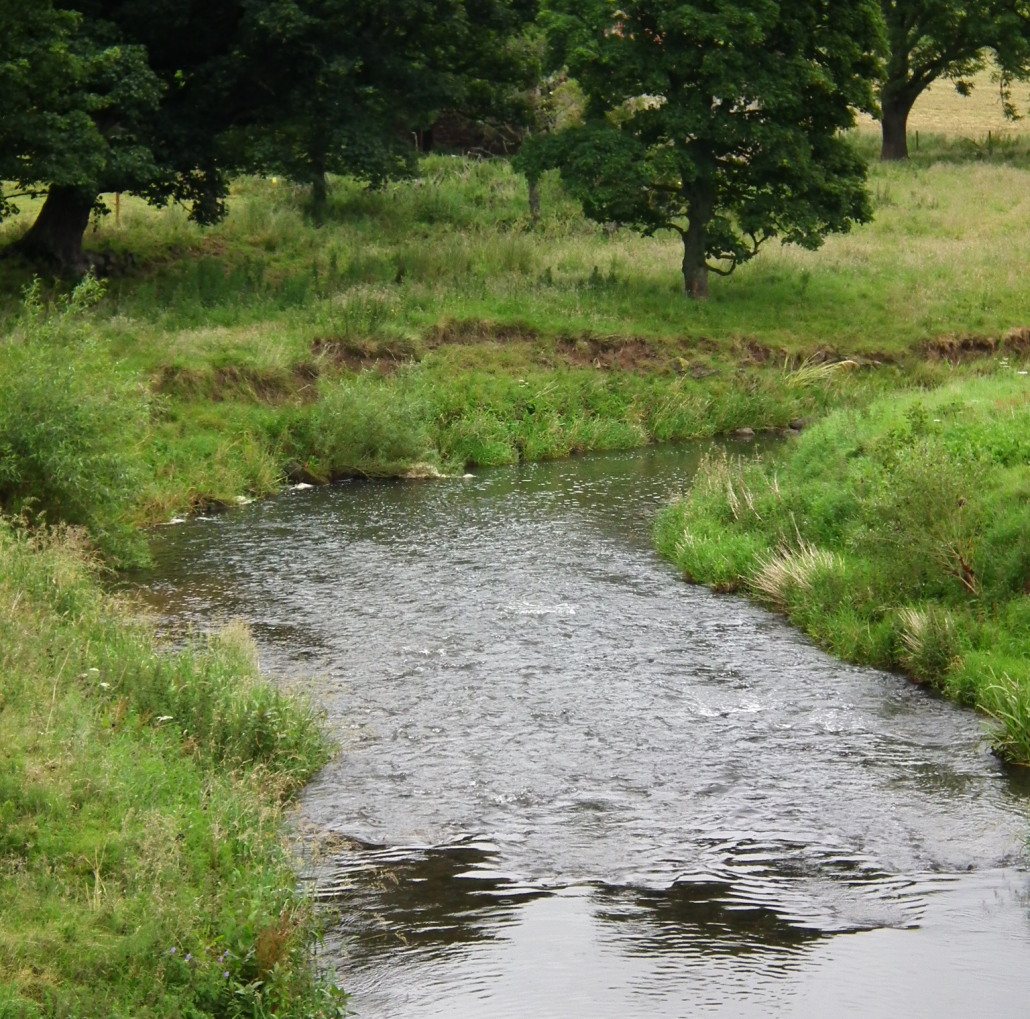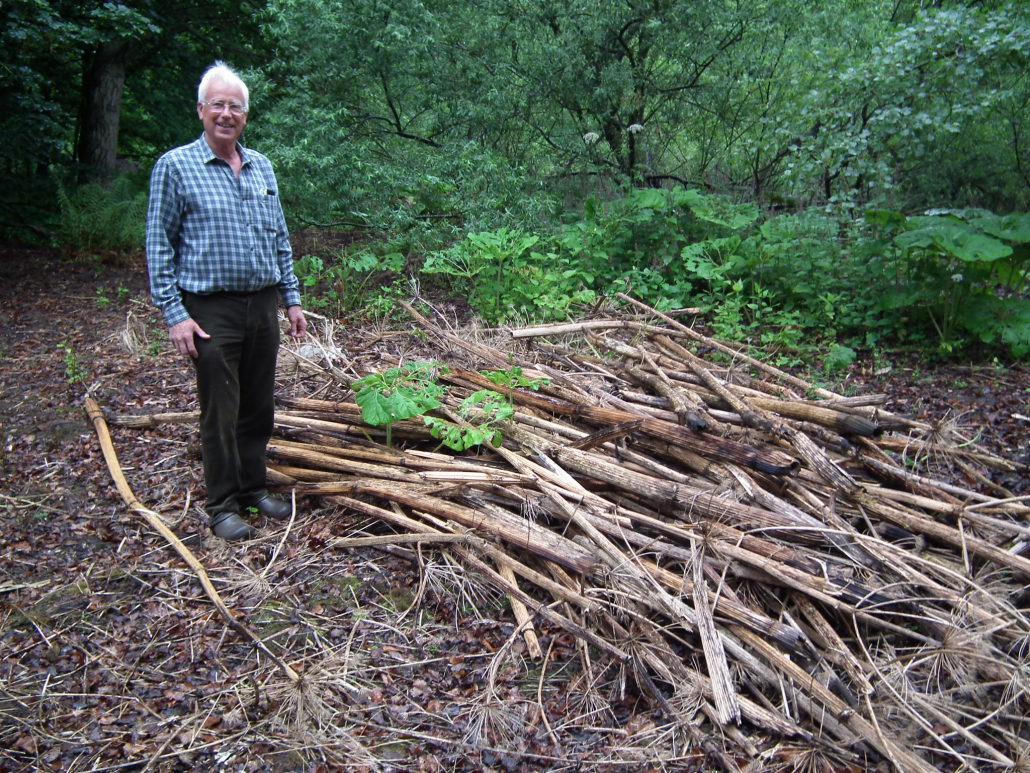The R&A Sustainable Agronomy Services to tackle golf’s water security issues
The R&A Sustainable Agronomy Services to tackle golf’s water security issues: The R&A Sustainable Agronomy Service team has announced a collaboration with The Environment Partnership (TEP), extending their service offering to golf facilities in the UK and Ireland.
The partnership will see The R&A Sustainable Agronomy Service and TEP collaborate to offer clubs consultancy on specific environmental concerns pertaining to water security, water sourcing and site water management.

The R&A Sustainable Agronomy Services to tackle golf’s water security issues
The partnership underlines The R&A’s commitment to providing the most comprehensive sustainable agronomy solutions using best practice management to safeguard water security and surface performance.
“Joining forces with TEP will give R&A Sustainable Agronomy Service customers the opportunity to gain detailed insight from industry experts into the key issue of water security. Clients can have the confidence that The R&A will be on-hand to provide additional support and to ensure integration with best practice agronomy plans,” comments Alistair Beggs, Head of Agronomy at The R&A.
Paul Woodham, from The R&A Sustainable Agronomy Service, adds: “Golf courses will need support when assessing the future implication of the changing climate and the anticipated constraints which will reduce access to water sources commonly used today. Golf needs to work proactively with water companies and agencies which safeguard the environment.”
TEP will develop an initial water security feasibility study in collaboration with the golf facility. This includes a review of existing water sources, how water is used across the site and current drainage infrastructure. This feasibility study then explores water sourcing and storage opportunities across the site, bringing these together into an initial masterplan that can be used as the basis for future integrated facility planning. The process includes input and support from The R&A Sustainable Agronomy Service team; ensuring clients have the opportunity to digest and understand the recommendations compatible with their facility.
The partnership combines leading water management proficiency with in-depth agronomic awareness, resulting in a long-term vision for sustainable golf.
“The opportunity to work with the sustainable agronomic expertise at The R&A, allows TEP to tailor water security advice so it is targeted to the specific needs of the golf industry. We are very excited about working alongside The R&A as partners on the vital issue of long-term water security of the sector”, comments Nicola Hancock, Director at TEP.
To enquire about these services e-mail sustainableagronomy@randa.org
For the latest industry news visit turfmatters.co.uk/news
Get all of the big headlines, pictures, opinions and videos on stories that matter to you.
Follow us on Twitter and Instagram for fun, fresh and engaging content.
You can also find us on Facebook for more of your must-see news, features, videos and pictures from Turf Matters.



















